Highlights
Highlights of the Everest Region Short Trek:
- Stunning Mountain Views: Witness breathtaking panoramas of Mount Everest, Ama Dablam, and Thamserku, with spectacular sunrise or sunset views from the iconic Everest View Hotel, one of the world’s highest-altitude hotels.
- Cultural Exploration: Discover the vibrant Namche Bazaar, the gateway to the Everest region, and visit local monasteries to learn about the spiritual traditions and culture of the Sherpa community.
- Sagarmatha National Park: Trek through this UNESCO World Heritage Site, known for its diverse flora, fauna, and pristine Himalayan landscapes.
- Short and Accessible Adventure: A 5–7 day trek, ideal for beginners, families, or travelers with limited time, offering a moderate physical challenge and a rewarding experience.
- Thrilling Flight to Lukla: Begin your journey with an exhilarating flight to one of the world’s most scenic and adventurous airports.
- Sherpa Hospitality: Interact with local Sherpa communities and enjoy their warm hospitality, culture, and traditions.
Best Time to Visit:
-Spring (March to May): Vibrant rhododendron blooms and clear skies.
-Autumn (September to November): Stable weather and excellent mountain visibility.
- Photography Opportunities: Capture stunning landscapes, towering peaks, vibrant Sherpa villages, and the natural beauty of the Everest region at every turn.
Overview
The Everest Region Short Trek is a perfect introduction to the majestic Himalayas, offering a glimpse of the world’s tallest peaks, including Mount Everest (8,848.86 m), without the time and physical demands of a full-length trek. This adventure is designed for those seeking to experience the beauty and culture of the Everest region within a shorter timeframe, making it ideal for beginners, families, and travelers with limited time.
Starting with a scenic flight to Lukla, the trek takes you through picturesque Sherpa villages, lush forests, and vibrant rhododendron valleys. Highlights include visiting the bustling trading hub of Namche Bazaar, the cultural heart of the Khumbu region, and experiencing the warm hospitality of the Sherpa people. The trek offers awe-inspiring views of iconic peaks like Everest, Ama Dablam, Thamserku, and Kongde, particularly from vantage points such as Everest View Hotel (3,880 m).
Spanning 5–7 days, the Everest Region Short Trek is less physically demanding than longer treks but still provides an authentic Himalayan experience. Along the way, trekkers can explore local monasteries, enjoy panoramic mountain vistas, and immerse themselves in the unique traditions of the Khumbu region. This trek is an ideal option for those looking to combine adventure, culture, and natural beauty in a compact yet memorable journey.
Why Choose the Everest Region Short Trek?
The Everest Region Short Trek offers an excellent opportunity to experience the grandeur of the Himalayas and the unique Sherpa culture without committing to a lengthy trek. It’s an ideal option for first-time trekkers, families, or anyone looking for a compact yet unforgettable adventure in the Everest region. With its combination of stunning mountain vistas, cultural richness, and manageable trekking routes, this trek promises a truly rewarding experience for all.
Ready to push your limits? Take on the ultimate Himalayan challenge with our Everest Three Pass Trek , a demanding yet rewarding journey through the highest trekking passes in Nepal.
🧭 Alternative Tours & Packages
- Everest Base Camp Trek
Set out on a legendary trek through charming Sherpa villages, lush alpine forests, and vast glaciers, culminating at the iconic Everest Base Camp — a must-do journey for mountain enthusiasts. - Everest Heli Trek with Kalapatthar Summit
Experience the best of both worlds by trekking through the Everest region before taking an exciting helicopter ride from Gorakshep, landing at Kalapatthar to soak in breathtaking panoramic views of Everest. - Everest Base Camp Hillary Trek
Retrace the footsteps of Sir Edmund Hillary and Tenzing Norgay on this classic route, combining rich cultural encounters with stunning Himalayan scenery, finishing with the unforgettable Everest Base Camp arrival.
Included and Excluded
- Accommodation in a tea house or lodge during the trek.
- All the airport transfers for international and domestic.
- Two nights of hotel accommodation in Hotel M Square or similar Kathmandu on BB Basis.
- Meals (Breakfast, Lunch, and Dinner) during the trek.
- One experienced Male English-speaking guide with his allowance.
- One porter for every two trekkers.
- All the necessary Trekking Permits require for Everest Panorama trek trekking.
- All forms of government taxes.
- All the personal nature expenses, travel insurance, beverage, phone calls, internet, bar bills, laundry, water, travel insurance, and heater during the trek.
- Tips for the Guide, Porter.
- Helicopter rescue.
- Rescue operation in case of emergency and Personal Trekking equipment.
- All the expenses which arise due to a change of itinerary because of political trouble, strike, or lockdown landslide, .
- All the Lunch and Dinner in Kathmandu.
Itinerary
- Upon landing at Tribhuvan International Airport in Kathmandu, a representative from Wilderness Outdoor will welcome you.
- The representative will assist with transportation to your hotel.
- You will also receive a brief overview of the trek.
- Overnight accommodation will be arranged at a hotel in Kathmandu.
- We begin with a scenic 45-minute flight from Kathmandu to Lukla, landing at Tenzing Hillary Airport, renowned for its breathtaking views and unique location.
- This flight marks the start of our Everest Base Camp Trek.
- From Lukla, we’ll pass through Chaurikharka village and descend to Dudh Koshi Ghat (Altitude: 2,530m).
- Trekking alongside the Dudh Koshi River, we’ll reach Phakding (Altitude: 2,652m) in approximately 3 hours.
- Overnight accommodation will be provided at a guesthouse in Lukla.
- On this day, we will trek to Namche, passing through the settlement of Khumjung.
- It will take roughly around 6 -7 hours to trek from Tengboche to Namche (Alt. 3440m).
- The beautiful surroundings of Khumjung, especially the view of Mount Khumbila, is very wonderful.
- We may also stop by the Hillary School and Khumjung Monastery before heading back to Namche.
- Overnight at Guesthouse in Namche.
- On this day, we will go on a 7- to 8-hour trek from Namche Bazaar to Lukla (Alt. 2800m).
- We must cross a suspension bridge across the Dudh Koshi River in order to get there.
- The trail is lined with dense pine and rhododendron forests.
- Finally, we will arrive at Lukla.
- Overnight at Guesthouse/Lodge in Lukla.
- fter completing the Everest Panorama Day Trek, we will take an early morning flight from Lukla to Kathmandu.
- Upon arrival in Kathmandu, you can relax or explore the city for shopping.
- This time can also be used to visit any places you may have missed during your initial stay in Kathmandu.
- Overnight accommodation will be at a hotel in Kathmandu
Route Map
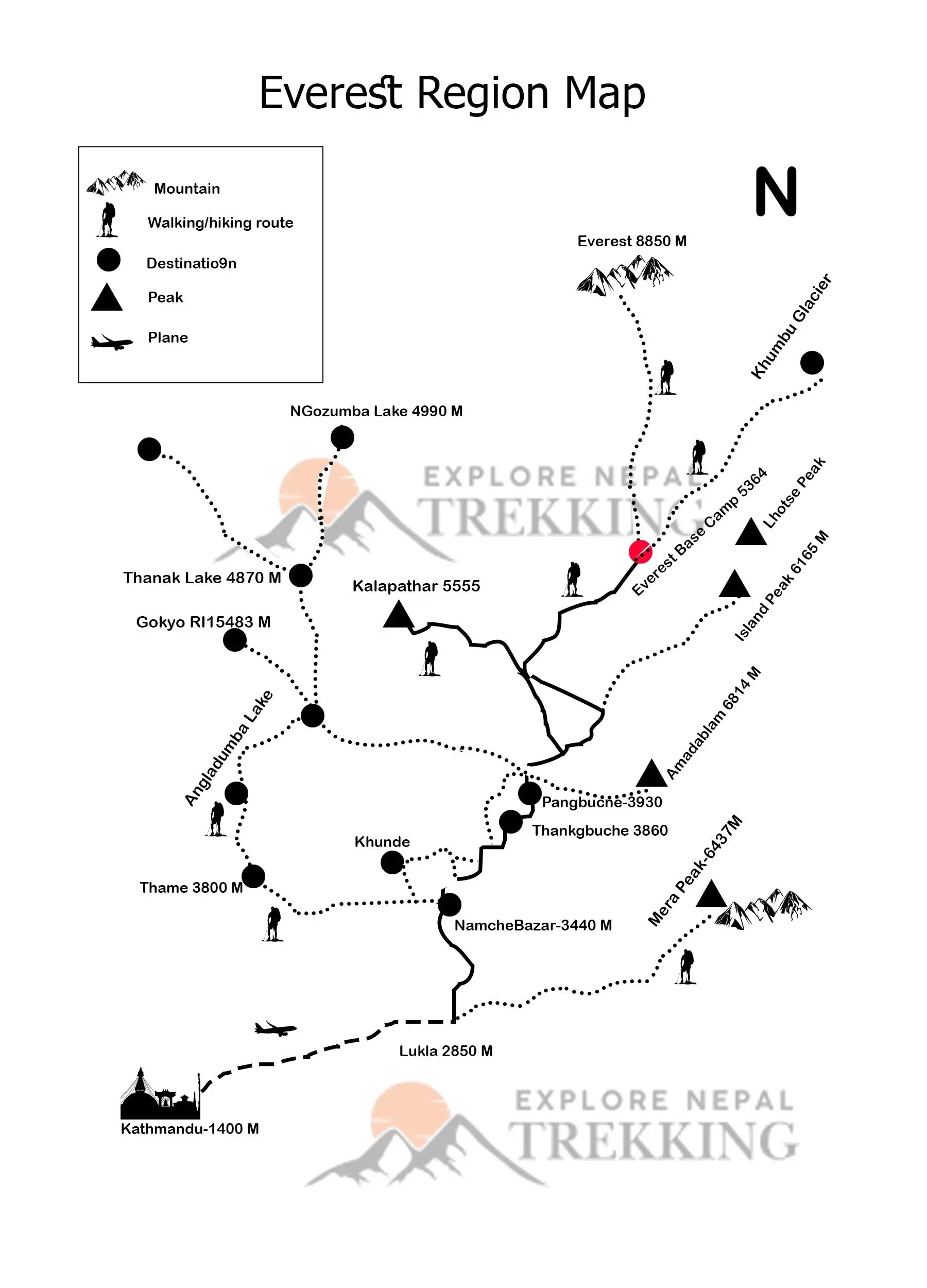
Fixed Departure
Everest Region Short Trek Availability
| # | Date | Cost | Status | Action |
|---|
FAQs
The best time for the Everest Region Short Trek is during the autumn season (September to November). This period offers dry, sunny days with clear skies, making it ideal for enjoying breathtaking mountain views. The weather is stable, and temperatures are mild, providing comfortable trekking conditions. Spring (March to May) is another good time, with blooming rhododendrons adding color to the landscape.
The Everest Region Short Trek is considered moderate in difficulty. Although it doesn’t reach the extreme altitudes of longer Everest treks, it still involves significant elevation, with the highest point being Tengboche Monastery at 3,850 meters. Trekkers should be in good health, with some prior trekking experience recommended. Proper acclimatization is essential to avoid altitude sickness.
The trek passes through forests of Birch, Blue Pines, Juniper, Rhododendron, Bamboo, and Hemlock. In terms of wildlife, trekkers may spot rare species such as the Red Panda, Snow Leopard, Musk Deer, and the vibrant Himalayan Monal. The region's biodiversity is well-preserved due to the efforts of the national park and the local Sherpa communities.
The best time for the Everest Region Short Trek is during the autumn season (September to November). This period offers dry, sunny days with clear skies, making it ideal for enjoying breathtaking mountain views. The weather is stable, and temperatures are mild, providing comfortable trekking conditions. Spring (March to May) is another good time, with blooming rhododendrons adding color to the landscape.
The Everest Region Short Trek is considered moderate in difficulty. Although it doesn’t reach the extreme altitudes of longer Everest treks, it still involves significant elevation, with the highest point being Tengboche Monastery at 3,850 meters. Trekkers should be in good health, with some prior trekking experience recommended. Proper acclimatization is essential to avoid altitude sickness.
The trek passes through forests of Birch, Blue Pines, Juniper, Rhododendron, Bamboo, and Hemlock. In terms of wildlife, trekkers may spot rare species such as the Red Panda, Snow Leopard, Musk Deer, and the vibrant Himalayan Monal. The region's biodiversity is well-preserved due to the efforts of the national park and the local Sherpa communities.
Customer Reviews & Rating
Showing Verified Reviews

Johan Svensson - Stockholm, Sweden
(5.0)"I had an incredible experience trekking the Everest Region with Explore Nepal Trekking! The scenery was absolutely stunning, and the guides were both friendly and professional. Everything was smoothly organized, making the trek enjoyable and stress-free. Highly recommend for anyone wanting a quick but amazing taste of the Himalayas!"

Ananya Singh - Mumbai, India
(5.0)"The Everest Region Short Trek was a dream come true! Explore Nepal Trekking took care of everything so well, from the permits to the accommodations. The views of the mountains were breathtaking, and the team’s warmth made the trip extra special. It was a perfect balance of adventure and comfort."

Eleanor J. Harper - 10 Downing Street, London, SW1A 2AA, UK`
(5.0)"This Everest Region Short Trek was an absolutely perfect way to experience the Khumbu without committing to the full EBC duration. We trekked to Tengboche Monastery, which offered spectacular, classic views of Everest, Lhotse, and Ama Dablam. The logistics were seamless, the teahouses were comfortable, and the Sherpa hospitality was incredibly warm. It's highly recommended for anyone wanting breathtaking views in a shorter timeframe."

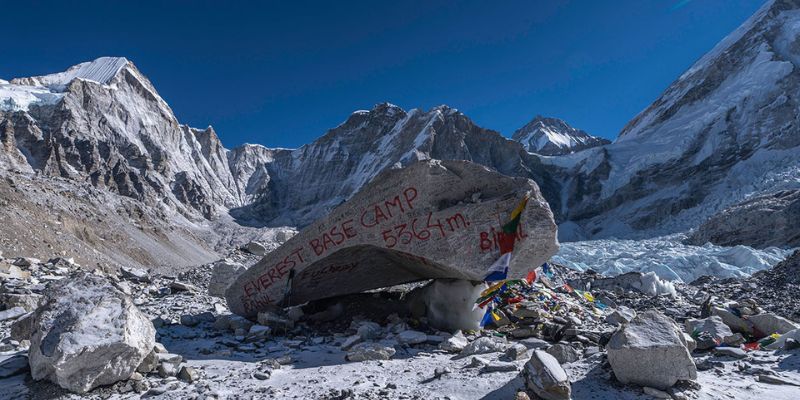
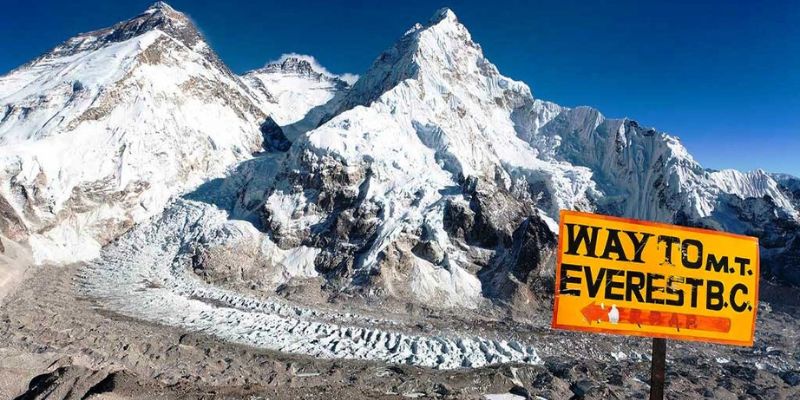
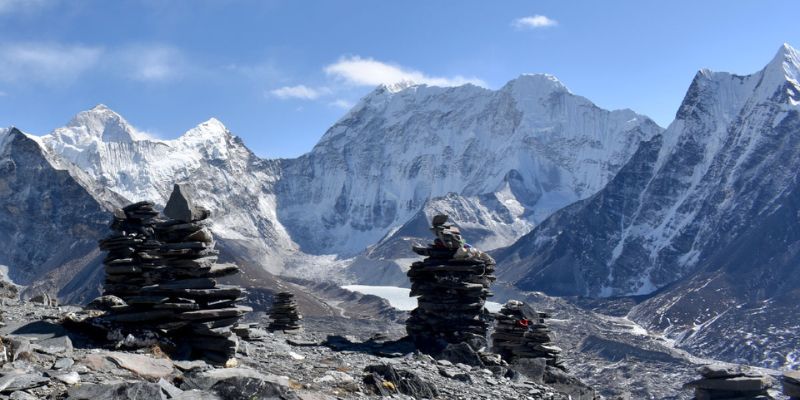
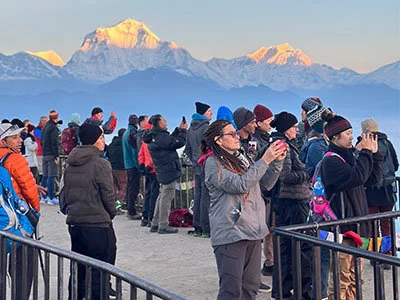
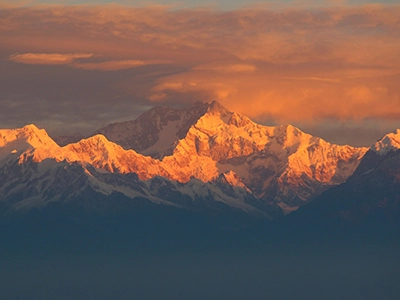

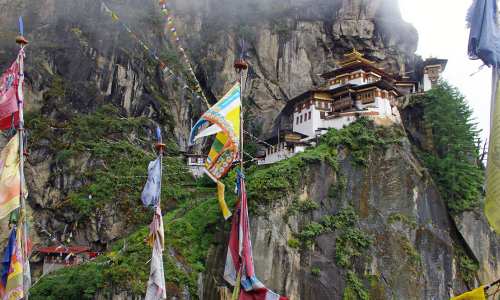
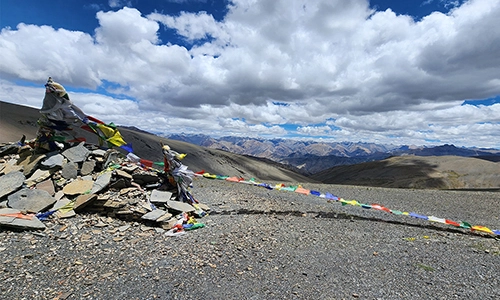
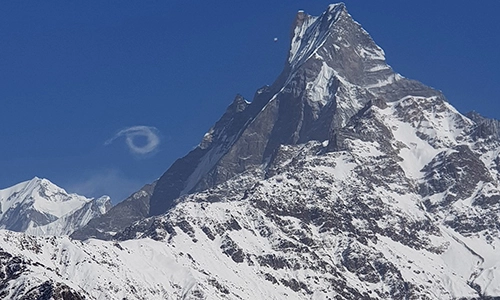








Olivia Parker - New York, USA
(5.0)"The Everest Region Short Trek with Explore Nepal Trekking was an unforgettable adventure. The guides were professional, friendly, and extremely knowledgeable about the local culture and environment. The trek itself was well-paced, allowing us to acclimatize properly while enjoying stunning views of Everest and surrounding peaks. The whole experience was perfectly organized, making it easy to focus on the breathtaking journey."